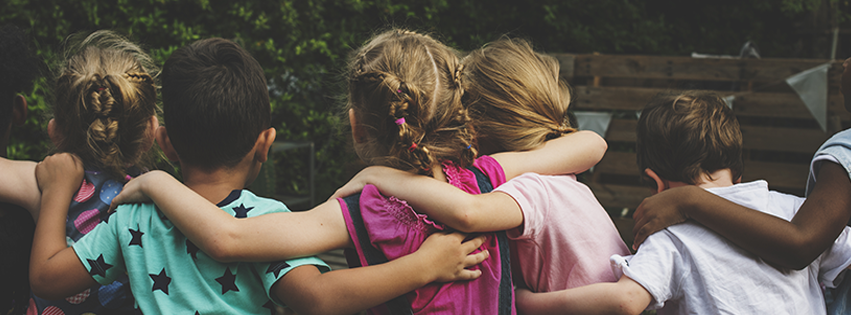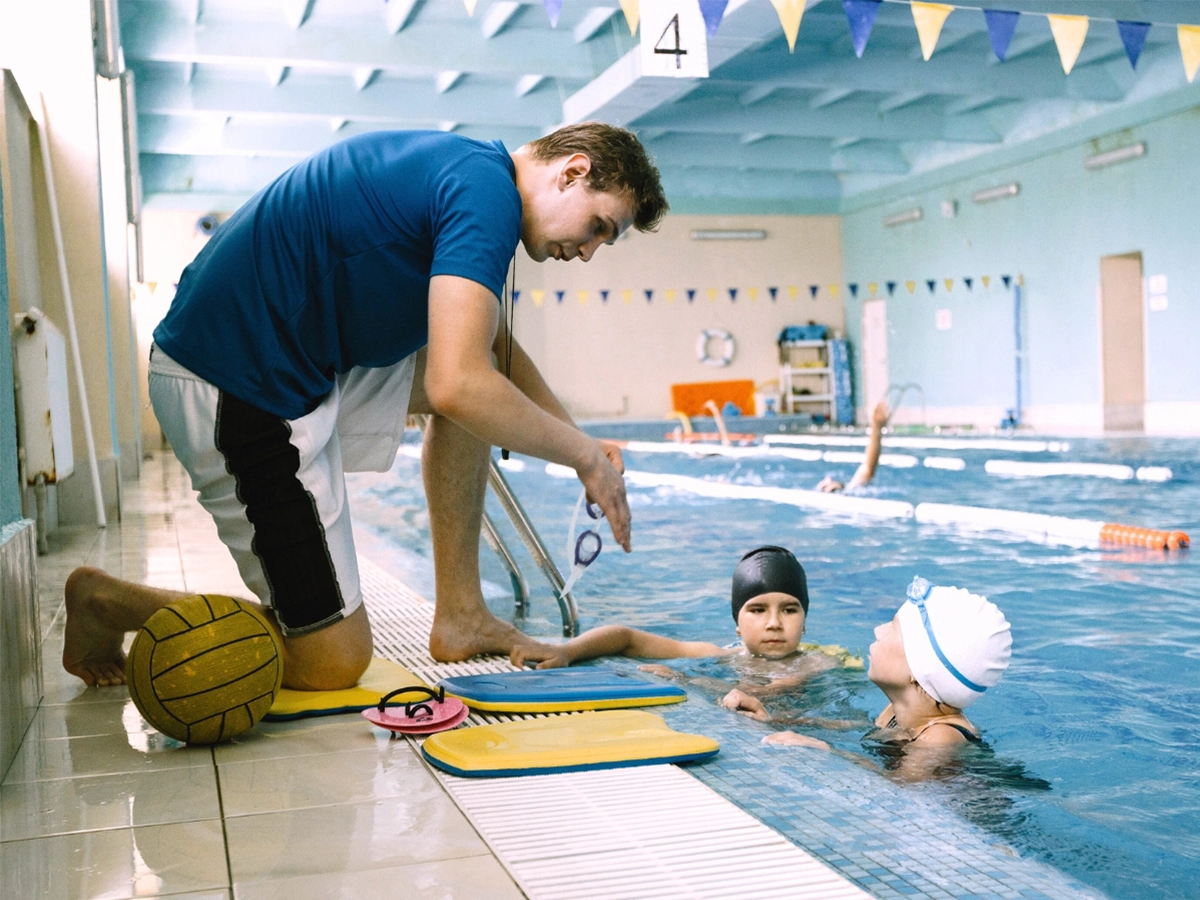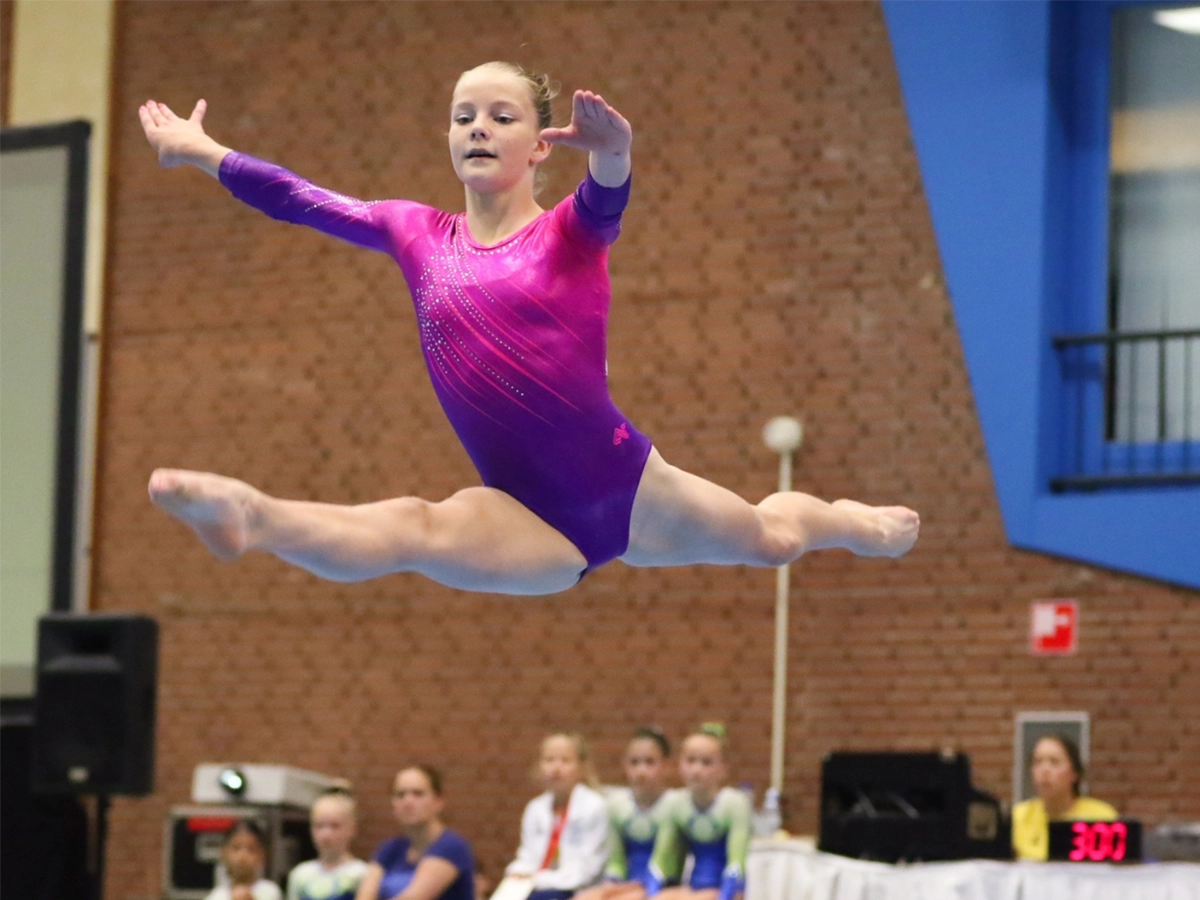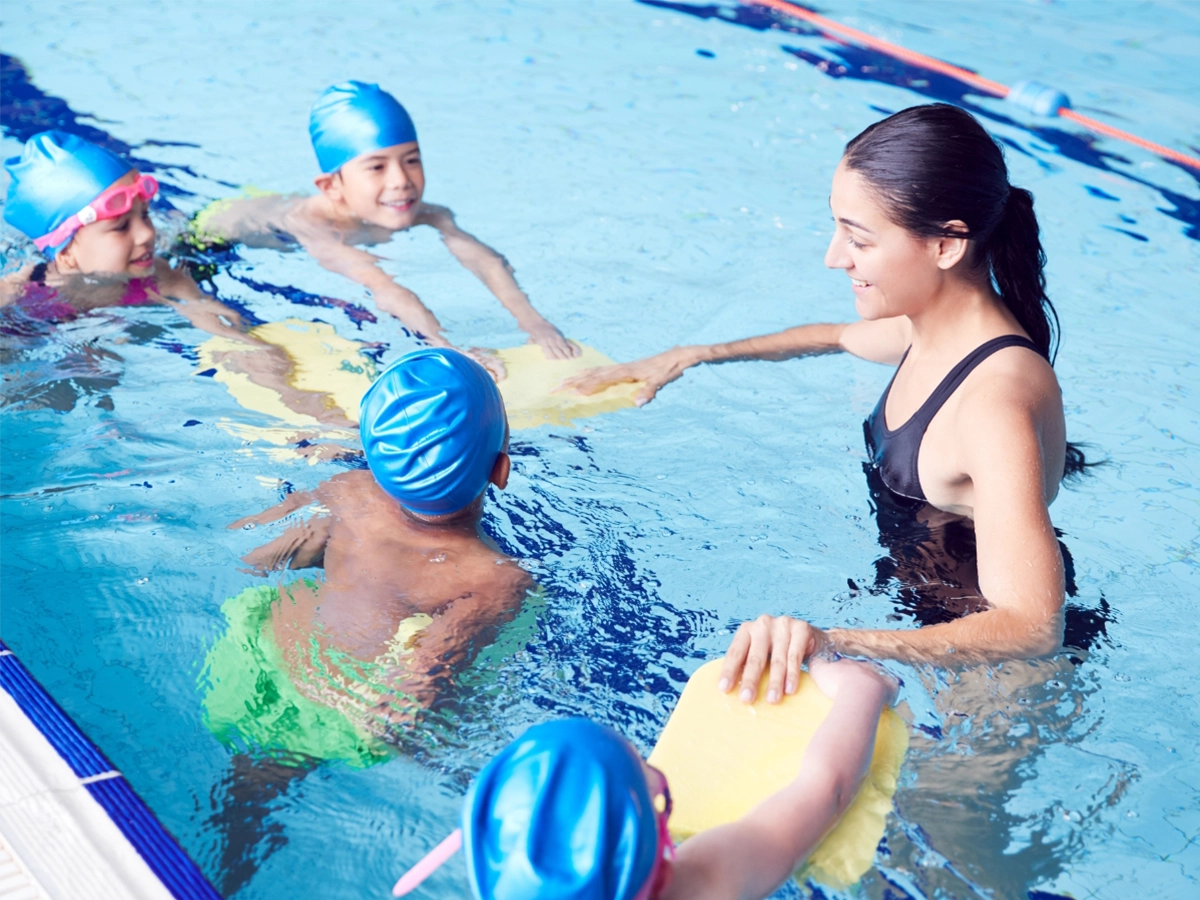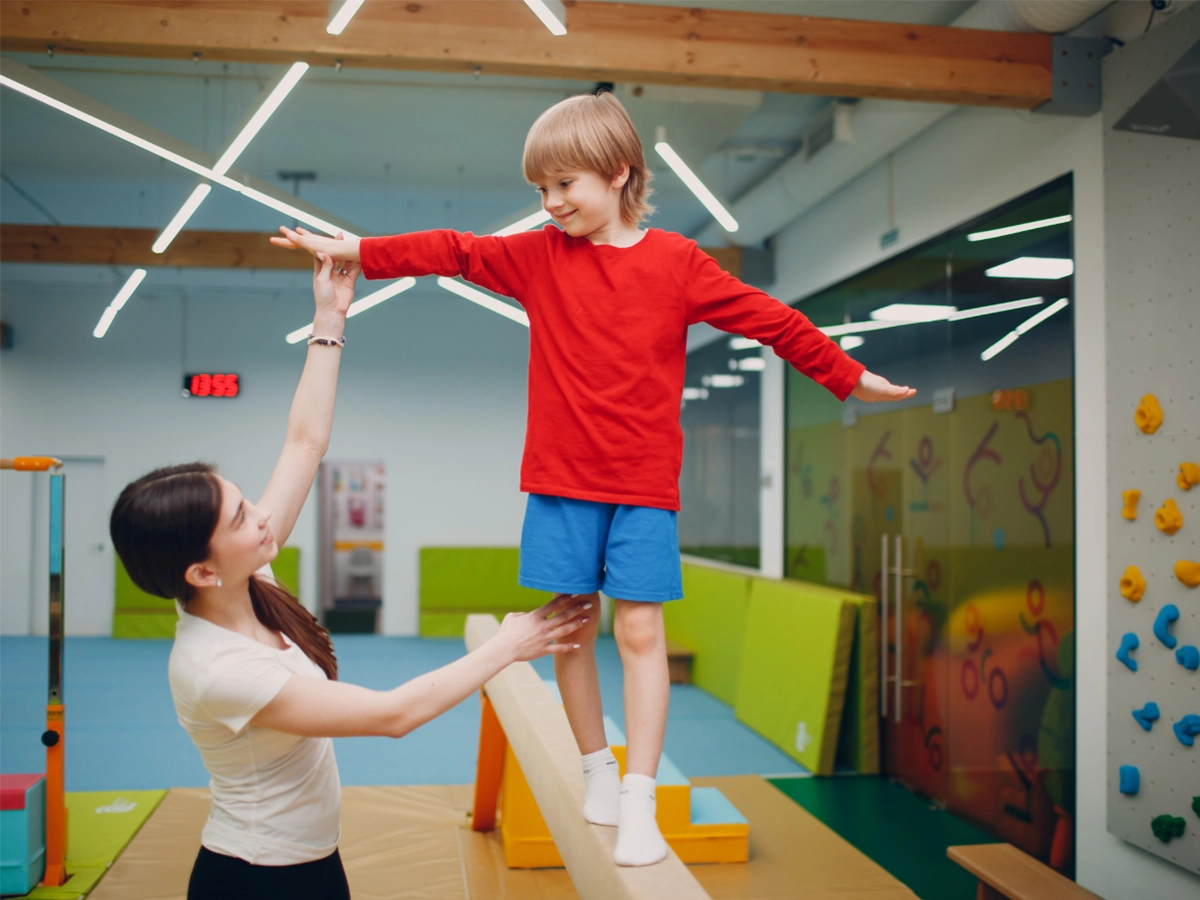Helping children to develop empathy is important because it’s a critical skill people need to get along with others. Empathy helps children develop into adults who have well-rounded personalities and social skills.
Author Ann Pelo (The Goodness of Rain) defines empathy this way: “Empathy is the awareness of another being’s feelings; the ability to take up another being’s point of view.”
Reading more from Ms. Pelo’s writings, I pose the question: Did you know that we nurture empathy when we practice seeing the world from new and unfamiliar perspectives? And the answer driven by Ms. Pelo again, “Looking into a window, not into a mirror, we see from another being’s point of view. We imaginatively enter into another being’s experience. Empathy sizes us in right proportion to others, not more-than or better-than, or worthier-than, but connected by the shared capacity for joy and suffering. Empathy asks that we consider the well-being of other creatures when we act.”
This is so eloquently stated by Ms. Pelo and so perfect to share why it IS so important that we implant empathy into the personalities – no actually, into the souls – of our children.
“Could a greater miracle take place than for us to look through each other’s eyes for an instant.” – Henry David Thoreau
Empathy’s Importance
Psychology Today defines empathy as:
“…the experience of understanding another person’s condition from their perspective. You place yourself in their shoes and feel what they are feeling. Empathy is known to increase prosocial (helping) behaviors.”
Simply stated, empathy is two things:
- Understanding another’s perspective – the path they are walking on and what they are feeling along the way
- Beneficial to we what we do – helping others more often
Empathy is the ability that beings can have that makes us truly human. Empathy leads to recognition and identification and eventually to healing and resolution – instead of denial and conflict.
In the UK, the idea of restorative justice has gotten a lot of attention. In this process, offenders must face the victims of their crimes so that the offenders hear the suffering that resulted from them. Why? Healing. This brings about the opportunity for healing for both parties. The aim of restorative justice is healing, both for victim and offender. In the process, the victims (hopefully) get by their anger to understand and eventually forgive the offender. The offenders (hopefully) empathize with their victims and can understand the real meaning of the crimes they’ve committed.
This process has the potential to make a huge difference in the impacted lives:
- Victims move on.
- Offenders gain perspective and are less likely to re-offend.
The simple fact that this program is being used somewhere in the civilized world, proves the importance of the ability to experience and exhibit empathy to the human race. If you ask those who are expert in the area, human brutality is the result of a lack of empathy. So the converse, the ability to empathize would have the opposite effect.
Empathy in Resolution
Empathy also enables the ability – even in the young – to solve problems based on previous experience. So understanding how a previous interaction happened and how it made the participants feel, is an important part of developing behavior that is considerate – or takes the feelings of others into account before reacting.
Putting Yourself in Their Shoes
Empathy is a connection with others that shows you how their emotional state so how you respond is appropriate or accommodating to them. And that consideration is what makes us human. It’s what separates us from other living beings and gives us the ability to operate on more than simple instinct. And when we identify with each other, we are a lot more likely to treat each other with kindness and understanding – as we would want to be treated – in a world that is a more harmonious place.
The Human Connection
Henry David Thoreau’s challenge was to look “look through each other’s eyes.” He’s saying that it’s important to feel what is going on inside. Empathy is not faceless; it is not a glance, but a close look. Empathy is about making a human connection.
Our call to action is simply to make a human connection as often as we can wherever we can.
Empathy is a two-way street. We need it too. And we have to understand how to let our guard down, open our ears and hearts enough to receive empathy.
Learning Empathy Young
The need to teach empathy in adult situations like restorative justice illustrates the need to teach this to children. By doing so, we help children to live fuller lives based on emotion and connection.
Empathy in Performance
Empathy can be exhibited through performance – whether it’s done on a gymnastics apparatus, in pointe or tap shoes, or on the piano or guitar; in the way you teach swimming lessons or care for children in a child care center. It’s an emotion that helps you, the teacher or caregiver, to connect with your student or you, the performer or athlete, to connect with your audience. Even as children, the ability to connect can make their actions more meaningful for them and to those watching or working with them.
Source:
https://childcareexchange.com/
https://www.thindifference.com/2013/03/empathy-making-the-connection/







